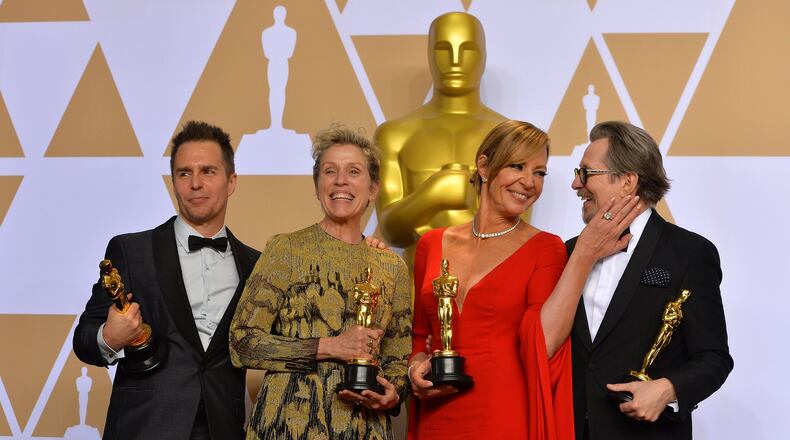An inclusion rider in a contract stipulates that a company include a certain number of women and minority contractors and workers in a building project. McDormand encouraged movie-makers to embrace diversity in crew and cast hiring.
The industry is also turning to the concepts of “inclusion” and “diversity” to address a pressing need: A lack of younger, qualified workers.
RELATED: Dayton developer names new CEO, announces business spin-off
Low unemployment, an aging workforce and relatively lower worker participation rates have created a need for new workers, and some in the construction industry are turning to women- and minority-owned contractors and suppliers.
In Dayton, inclusion and diversity are nothing new to Messer Construction Co. The construction company has pursued those objectives since 2005, said Kevin Cozart, vice president, Dayton region, for Messer.
”I consider Messer to absolutely be the leader of this among contractors of our size and even bigger than us,” Cozart said.
Cozart calls inclusion “the trend” in construction.
If so, it's a trend that may endure. The average age of a construction trades workers today is 43, and only one out of 10 of those workers are women, according to Go Build America, a new industry-wide worker recruiting push.
“The workforce is definitely getting older,” said Matt Huelsman, vice president of education for Shook Construction Co. “It’s a challenge every day to find qualified bidders.”
Huelsman said inclusion is “absolutely a goal of ours.”
IN 2017:Dayton ranks No. 3 by national development magazine
He doesn’t believe any Shook contracts go out without some kind of goals focusing on inclusion. One project right now at Good Samaritan North is achieving 45 percent inclusion, meaning 45 percent of the sub-contracts are held by companies owned either by minorities or women.
“I think that goal is kind of to match the make-up of a community (where projects are located),” Huelsman said.
Inclusion is becoming more prominent nationally. Natalie Kelly, corporate responsibility manager for Birmingham, Ala.-based construction company Brasfield and Gorrie, said that “while we have a good ways to go,” the industry is warming to diversity.
“I don’t think anyone can say diversity does not help open doors,” Kelly said. “It definitely is a tool for what we’ve seen is creating more innovation, creating more collaboration.”
Cozart said Messer managers ask customers for permission to include its diversity goals on their bids. He said no Dayton-area client has ever refused that permission.
“I have about a hundred-percent success rate on that,” Cozart said. “It really makes a difference when you can explain why you’re doing this, why it’s important.”
One Messer customer that has long embraced inclusion is Premier Health. Adrian Taylor, Premier’s director of diversity, said the company’s mission is to build healthier communities. And that goal includes hiring and spending in the community.
“Dollars stay in the community,” Taylor said. “Streets get better. Fire departments get better.”
RECORD DEVELOPMENT: Companies invest $9.6B in Ohio, add 22K+ jobs
Construction contractors who want to do business with Premier are expected to target 40 percent of their spending with “diverse” companies — and local companies where possible, Taylor said. In the last three years, Premier has averaged 50 percent of its construction budget with diverse companies.
Messer spent $16.2 million with certified minority and women-owned contractors in the Dayton region, about 18 percent of its contractor spending in the area, said Sonya Walton, Messer’s director of economic inclusion.
“That’s a part of who we are, that’s a part of our culture,” Walton said.
Goals mean nothing without the support of top executives, however.
“If your leader is not committed to it and dedicated to it, it’s really a difficult process,” Walton said.
About the Author

